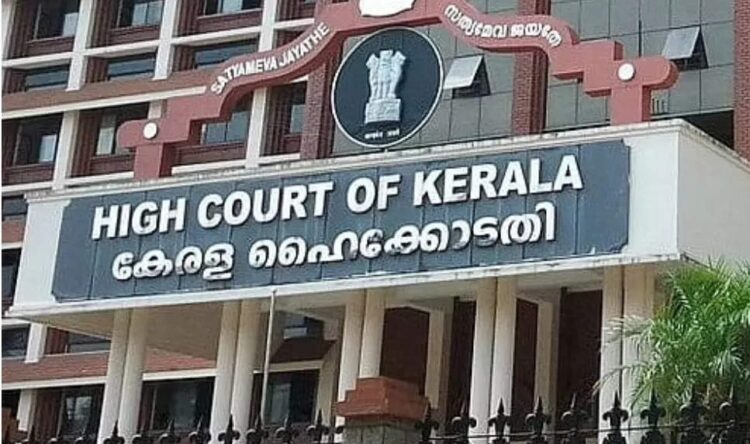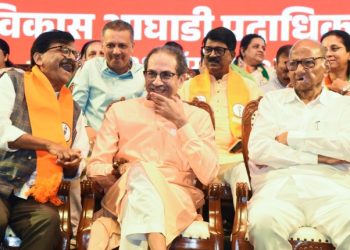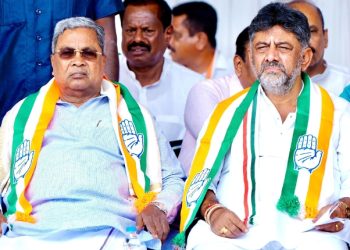Kochi, Dec 15 (IANS) The Kerala High Court has urged lower courts to carefully analyse cases under the Scheduled Castes and Scheduled Tribes (Prevention of Atrocities) Act while considering pleas for anticipatory bail, in order to rule out the possibility of false implication.
A bench of Justice A. Badhurudeen said it was shocking that many innocent persons are victims of false implication and, therefore, courts must pay great attention to the details when it comes to cases under the SC/ST Act.
“It is shocking, rather a mind-blowing fact that many innocent persons are victims of false implication under the SC/ST (POA) Act. Therefore, it is the need of the hour for the courts to segregate the grain from the chaff by analysing the genesis of the case, the antecedents prior to registration of the crime, with reference to existence of animosity between the complainant and the accused, with particular attention, vis-a-vis previous disputes/cases/ complaints, etc. while considering the question of prima facie case, when considering plea for pre-arrest bail,” the court said in its judgment.
Noting that it cannot be disputed that the stringent provisions of the SC/ST Act have been incorporated to curb the menace of atrocities against members of SC/ST communities, he said that it is because of the stringent provisions in the matter of grant of anticipatory bail that thecCourt must go into the genesis of the cases to rule out the possibility of ulterior motives in filing complaints under the Act.
The court made these observations while considering an appeal moved by a woman against the order of a Special Judge under the SC/ST (POA) Act that refused to grant her anticipatory bail in a crime alleging commission of offence punishable under Section 3(1)(s) of the SC/ST (POA) Act.
The allegation against the appellant, was that when the complainant went to the bank where she was an employee, she called him out by his caste name in public view.
The appellant does not belong to any SC/ST whereas the complainant does.
Before the High Court, the appellant pointed out that the complainant’s wife worked with the man against whom she had registered a police complaint for repeated sexual harassment.
The registration of the present crime was only one among many attempts they had made to force her to withdraw her sexual harassment complaint, the appellant argued.
The court opined that the case advanced by the defacto complainant was prima facie doubtful and, therefore, granted anticipatory bail.
It did, however, direct the appellant to cooperate with the investigation and make herself available for interrogation as and when directed by the investigating officer.
Incidentally on Wednesday the high court intervened in a case where a CPI-M legislator filed a complaint under the SC/ST Act against leading industrialist Sabu M. Jacob and prevented his arrest.
Likewise on Thursday ruling front legislator Thomas K. Thomas and his wife came under duress when a woman party leader filed a case under these sections.
(IANS)






















